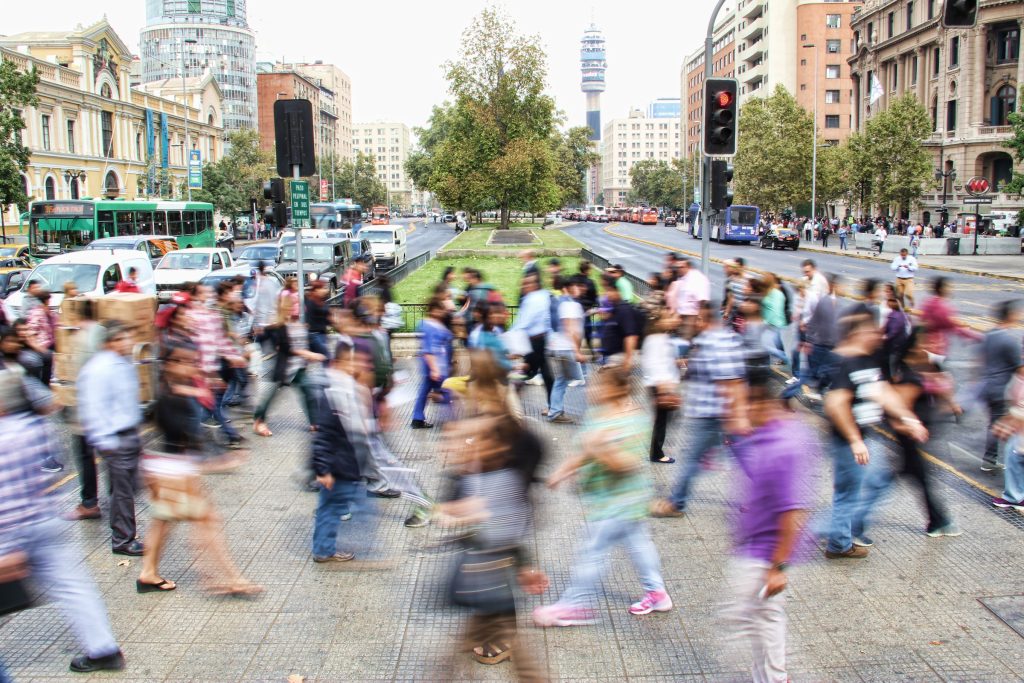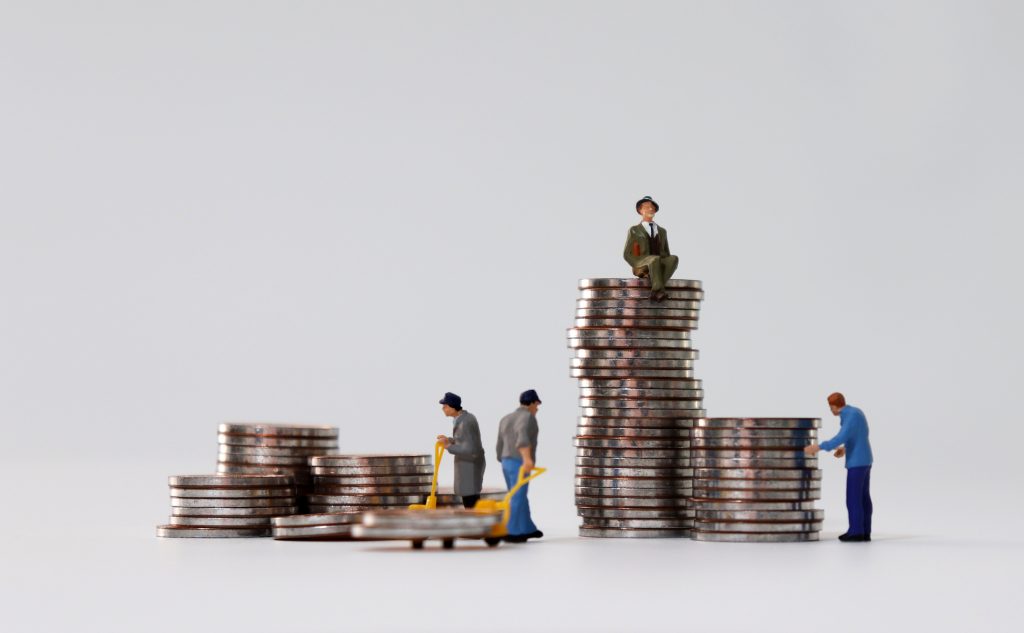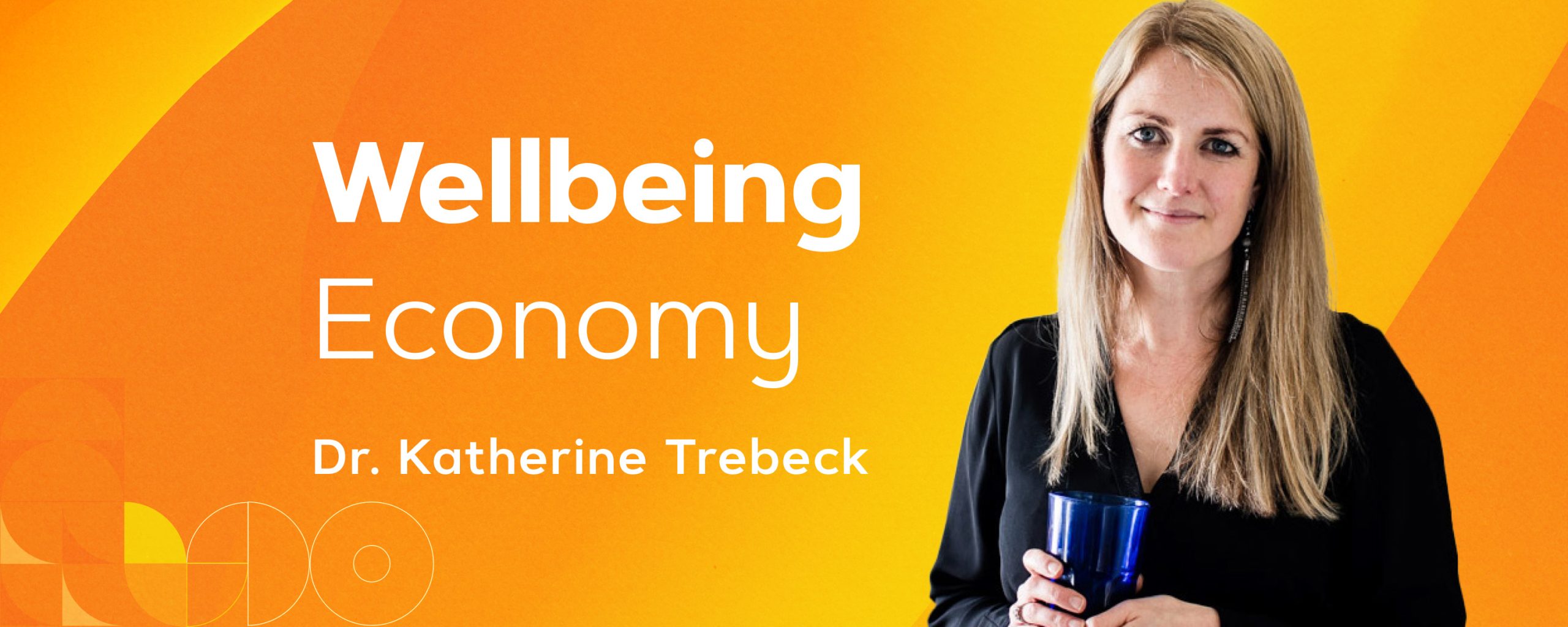When we measure the success of a nation, we traditionally look to Gross Domestic Product, employment rates and inflation as key economic indicators. But what if there was another way to measure the true health of our economy, people and planet?
It’s a question Dr Katherine Trebeck, Political Economist and founder of the Wellbeing Economy Alliance, is asking as she reimagines the entire economic system as we know it and leads a global movement in the process.
What is a wellbeing economy?
Dr Trebeck defines a wellbeing economy as an economy designed to serve people and the planet rather than the other way around.
“Today we see the environment and people as inputs into the economy. And the wellbeing economy idea flips that on its head and asks how the economy can be designed to meet the needs of communities and individuals around the world,” she said.
This mindset shift is bold and means rethinking how we measure our economic systems as well as production and consumption processes.
“It’s inherently thinking about what value is, what are the most important things that people really need, what matters most to them, and how the economy can be in service of that?”

Why we need a wellbeing economy
Dr Trebeck says redesigning our economic system is desperately needed because business as usual hasn’t delivered on enough fronts.
“We can’t keep using 20th century recipes and assuming if we just blindly grow the economy, that will lead to the outcomes people want. Whether it’s a reduction in poverty, good quality jobs, or increased living standards,” she says.
“We know that so often growth goes to those at the very top, those who have already got wealth, we’re not seeing it trickle down the way proponents of Carte Blanche growth claim.”
The ABC reports new research from the Australia Institute found increasing profits going to corporate Australia have accounted for more than two-thirds (69%) of the nation’s inflation problem.
That compared to 18 per cent related to the compensation of labour (wages and super), and just under 14 per cent for small business gross income.
A wellbeing economy would take a quality lens and instead look at what kind of growth was needed, for whom and how.

How are we positioned in Australia?
Governments around the world are starting to prioritise a wider set of economics measures, with Scotland recently appointing a Cabinet Secretary for Wellbeing Economy for the first time.
In Australia there’s been talk of a wellbeing budget at the Federal level with the treasury starting to map out a ‘matters’ statement, however Dr Trebeck says this is just the beginning.
“What will be key is whether measures will be used for upstream holistic policymaking to tackle some of the challenges Australia faces at their root cause, rather than spending so much money on downstream crisis acute service provision.”
This means rethinking what activity will we incentivise or power down and revisiting current regulations and business models.
“How will we generate economic activity from the community up, rather than hoping for this mythical idea of trickle down? How can everyone have good jobs that deliver a sense of meaning and purpose, and don’t just treat people as Just-In-Time inventory?”
Dr Trebeck says many businesses are already leading the way by committing to their local communities and creating production processes, which are in line with a circular economy while they wait for government policies to catch up.
“There are incredible organisations in Australia wanting to go on this journey with people and share with each other. Get involved, support them and be excited about this agenda, because it’s one of the most necessary conversations Australia needs to be having.”
Summit endorsing partner B-Lab Australia and New Zealand provides B-Corp certifications to businesses integrating social and environmental considerations into their business models.
Join Dr Trebeck at the Social Impact Summit on the 3rd and 4th of July.
Last chance tickets are now available for $795 + GST. To buy tickets or for more information including the event program visit https://socialimpactsummit.co/.
